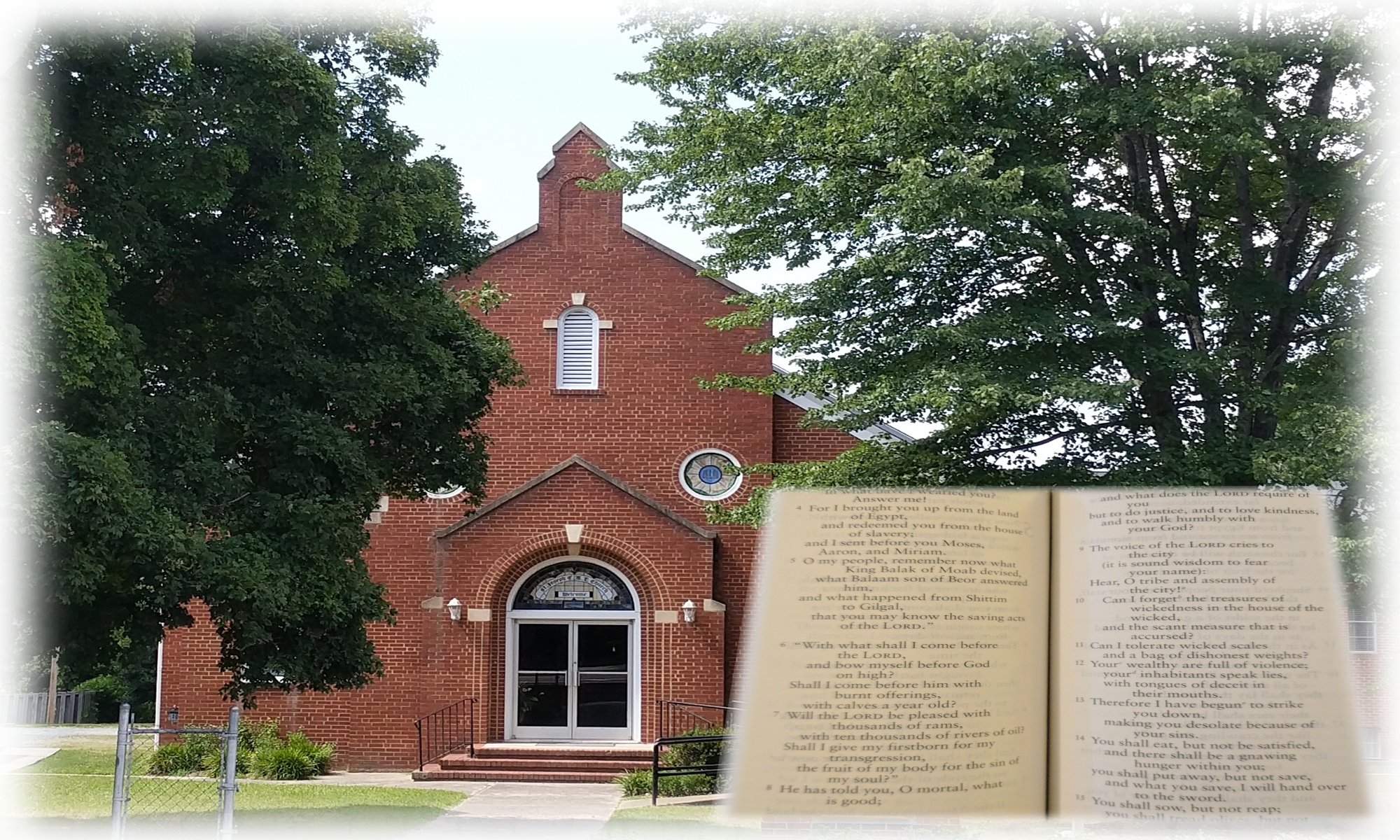*What are some of the ‘conventional wisdom’ sayings that we grew up hearing and how have they been useful in guiding our lives?
*Why are Buddha, Lao-tzu, and Jesus spoken of by Borg as teachers of “subversive wisdom?”
*What understandings and beliefs about God and Jesus can we/have we discerned from Jesus’ aphorisms and parables?
“What has been our road less traveled?
Borg:
Chapter 4: Jesus and Wisdom
Bible:
Aphorisms other than those listed by Borg
Judging – Luke 6:36-37
Attending – Matt.10:42
Misfortune – Luke 13: 4-5
Charity – Luke 6:27-32
Prudence-Mattt. 6:17-18
Being #1 – Matt 10:30
Parables
Why parables? – Matt. 10:13-17
Hidden Treasure – Matt.13:44
The Lost Sheep – Matt. 18:12-14; Luke 15:3-7
The Prodigal Son – Luke 15:3-7
The Good Shepherd – John 10:1-14
Supplemental Reading:
Robert Frost: The Road Not Taken
The 46 parables of Jesus: http://www.swapmeet
